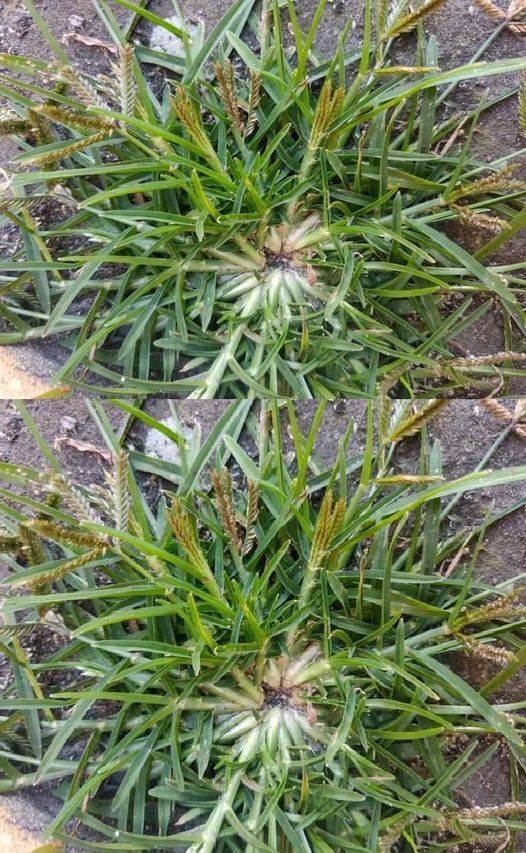Goose grass, commonly known as cleavers, bedstraw, or by its botanical name, Galium aparine, is a resilient herbaceous plant that thrives in a variety of environments including gardens, fields, and woodlands. Despite often being overlooked or dismissed as a mere weed, goose grass harbors a range of benefits that make it a valuable asset in both herbal medicine and gardening.
Health Benefits of Goose Grass
1. Detoxification Dynamo
Goose grass has established itself as a natural detoxifier. Thanks to its diuretic properties, it aids in flushing toxins from the body, which supports kidney function and enhances overall detoxification processes. It is commonly included in herbal teas and detox drinks for its cleansing effects.
2. Lymphatic Support
The lymphatic system is crucial for maintaining a robust immune system and overall health. Goose grass acts as a lymphatic tonic, helping to remove waste and improve lymph circulation, thereby potentially boosting the body’s immune defenses.
3. Skin Soother
Historically, goose grass has been utilized for soothing skin ailments. Its anti-inflammatory properties can alleviate irritation, making it an effective natural remedy for conditions such as eczema and psoriasis. It can be used topically in forms like salves or poultices.
4. Digestive Aid
Goose grass has long been used to aid digestion. It possesses gentle laxative properties that can relieve constipation and promote a healthy digestive tract. Additionally, its mild diuretic capabilities help reduce bloating and water retention.
5. Nutrient-Rich
Despite its unassuming appearance, goose grass is packed with nutrients, including vitamins C and A, and iron. Incorporating this plant into salads or juices can significantly enhance your dietary intake of essential nutrients.
Benefits for the Garden
1. Natural Mulch and Compost Material
Goose grass can be a beneficial addition to compost due to its rapid growth and green nature, which enriches the compost with nitrogen. It also serves as an effective natural mulch, helping to suppress weeds and retain soil moisture.
2. Bioindicator for Soil Health
The presence of goose grass is an indicator of soil health, particularly its nitrogen levels. Its proliferation suggests favorable soil conditions, while its absence could indicate nitrogen deficiencies.
3. Erosion Control
The sticky and interlocking nature of goose grass makes it an excellent choice for controlling erosion on slopes and other erosion-prone areas. It stabilizes the ground quickly, preventing soil loss.
continued on next page
